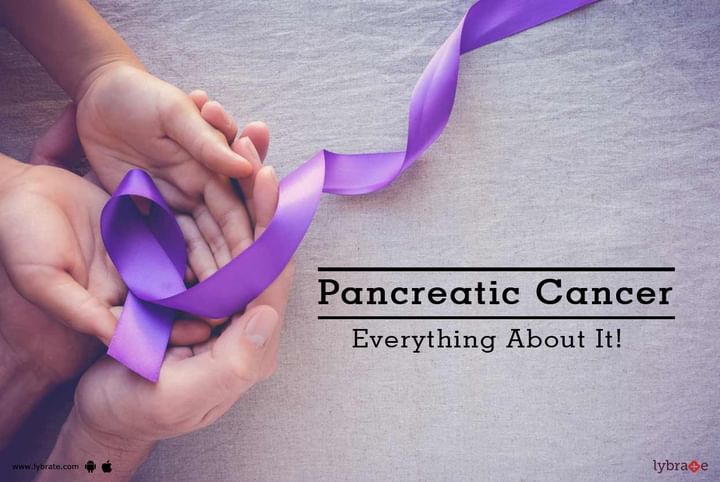Pancreatic Cancer - Everything About It!
The pancreas is the organ behind the lower part of the stomach. Its main role in your body is to produce enzymes and hormones to control digestion and blood glucose level. Pancreatic cancer occurs when a mass of abnormal cells grow, divide and spread to form a tumour.
Types of pancreatic cancer-
• Exocrine - The cancer forms in the ducts of the pancreas; this is the most common form.
• Endocrine - These are the rare type. It is benign which means the tumours do not spread to other locations of the body.
Symptoms to watch out for-
• Pain in the back
• Loss of appetite
• Loss of weight
• Nausea or fatigue
• Jaundice (yellowing of the skin, eyes or both)
• Changes in stool
• Swelling of the pancreas
• Fluid in the abdomen
• Blood clot
Risk factors for pancreatic cancer-
• Genetic - It can happen if you have an inherited gene associated with pancreatic cancer. It can be inherited from your parents or any first-degree relatives. Pancreatic cancer is more likely if two or more of your first-degree relatives are inflicted and/or if they got it before age of 50.
• Environment - It can happen due to alteration of your genes because of harmful agents like tobacco
• Other prior health issues - Obese and diabetic patients have a higher chance of acquiring pancreatic cancer
Treatment of the disease-
If you have been diagnosed with pancreatic cancer, your doctor will most likely choose one of the following treatment procedures-
• Surgery - The most common type of surgery for this condition is the Whipple surgery. In this procedure, the wider part of the pancreas located next to the duodenum is removed. The surgeon may also remove the duodenum, the gallbladder, and a portion of your stomach. Afterwards, he/she will reconnect the pancreas, the bile duct, and the remaining healthy portion of the small intestine.
• Chemotherapy - Chemotherapy is recommended after surgery in case cancer has spread to the other parts/organs of your body. Standardized chemotherapy treatment uses a single or a combination of anti-cancer drugs to prevent cancer from recurring. These are administered either in your bloodstream or is targeted to particular cancer sites.
• Radiation - X-ray beams are directed to destroy the cancer cells and reduce large tumours before performing surgery so that they can easily be removed. It also helps reduce the symptoms of pancreatic cancer.
Why is it hard to treat?
Most of the cases are diagnosed at later stages. Surgery is not a valid option then so it is important to identify the symptoms earlier.
A dense tissue layer called the stroma surrounds the pancreas. It is difficult to reach the pancreas through this tissue so treatments are difficult.
Some treatments that work out for other cancers may not work out for this. There are no targeted drugs to treat pancreatic cancer.
Prevention:
• Maintain a healthy diet - Consumption of red meat increases the chances of pancreatic cancer. Fresh vegetables and fruits may reduce the chances of cancer.
• Maintain a healthy weight - Obesity is a known cause of cancer. If you are overweight, try to lose some weight steadily through natural means.
• Do not smoke - Stop smoking. Get help from your friends, family and doctor to control your nicotine habits.
Pancreatic cancer has a poor prognosis since it is difficult to identify the signs initially. Patients generally do not recover fully. Moreover, cancer treatments can be very strenuous and emotionally draining, so the best way to fight cancer is to prevent it from the very beginning.



+1.svg)
